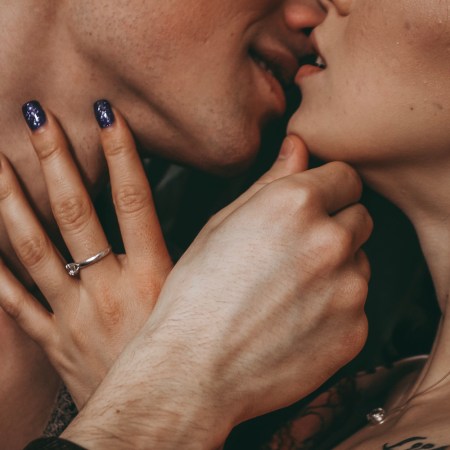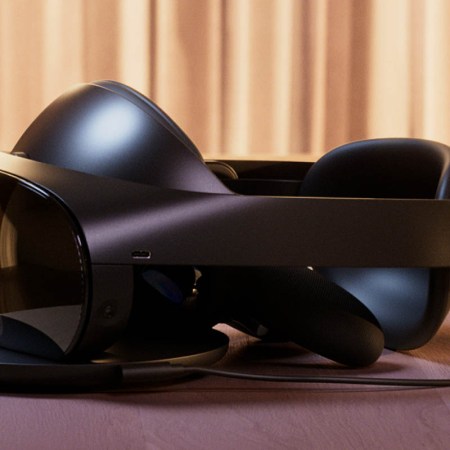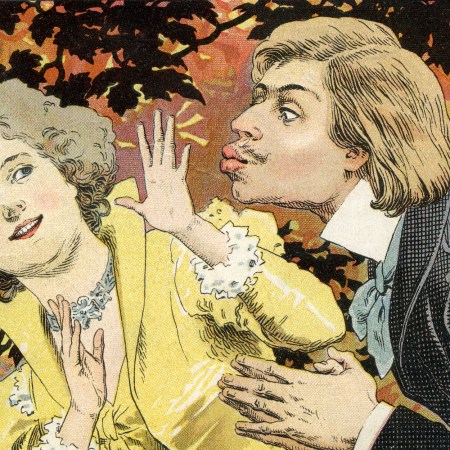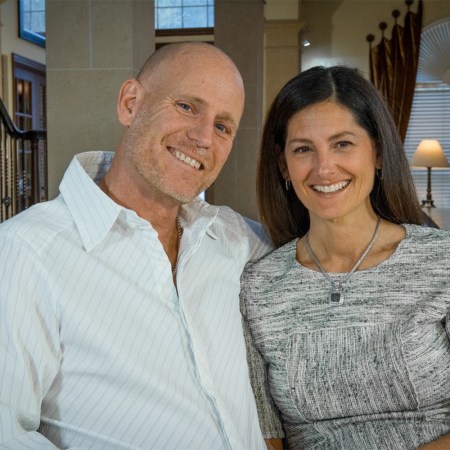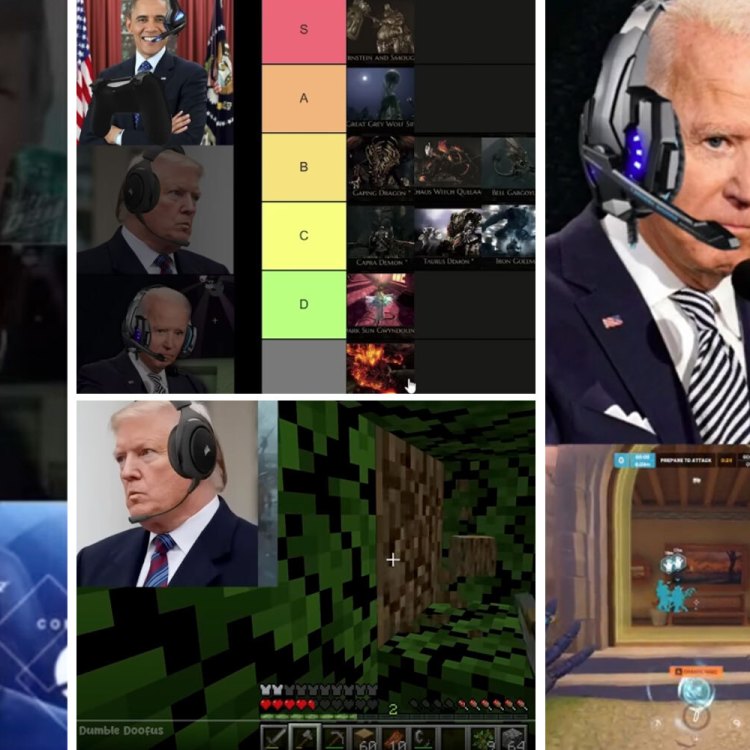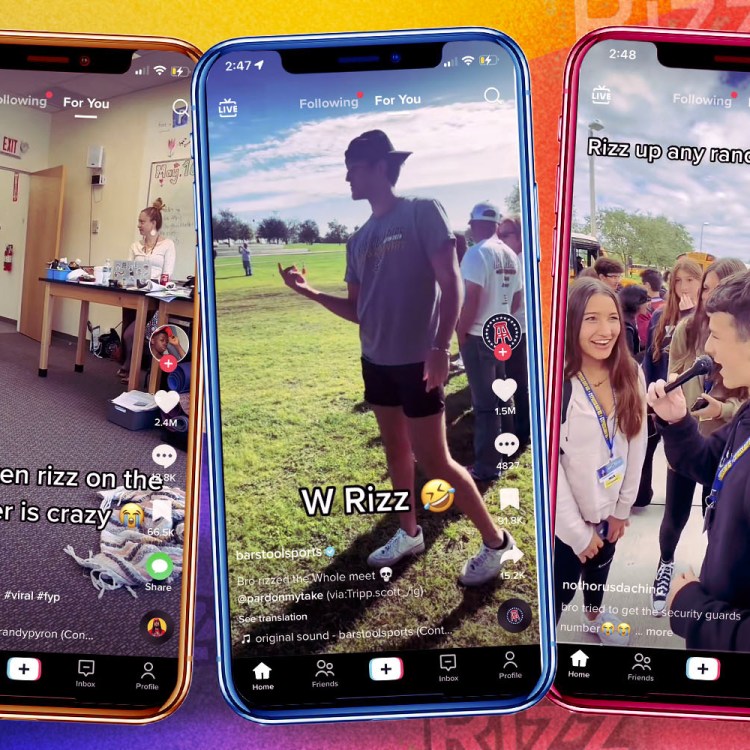From an ill-advised return to news to a weirdly Orwellian streaming service, Facebook has recently insisted on presenting us with a variety of new features no one asked for instead of the one thing everyone actively wants from the platform: i.e., for it to stop mishandling our personal data and/or to maybe just cease existing entirely.
Facebook’s most recent attempt to win us over comes in the form of Facebook Dating, the in-app dating feature that launched in the U.S. earlier this month following a presumably (if surprisingly) successful international run in 19 countries outside America over the past year.
People have a lot of questions about Facebook Dating, like, “Why does this exist?” and “Who would use this?” My own most pressing question following the release was not the why or the who, but rather, has anyone actually used this? This question was prompted and gradually exacerbated by the nearly two full weeks it took for the platform to start suggesting matches after I initially set up my profile on the supposed launch date. At long last, however, Facebook finally coughed up some matches, and it turns out people actually are using it. It also turns out I hadn’t been missing much in the interim!
Full disclosure, I was over Facebook before being over Facebook was cool. Or, rather, I was over Facebook when Facebook was still cool. I didn’t make a Facebook account until 2014, and I only did it then because at the time you had to have one to use Tinder. In those days, being on Tinder was almost as shameful as being on Facebook is now, so I kept both accounts largely under wraps. Today I will tell literally anyone anything they want to know — and plenty of things they probably don’t — about my swiping habits, but will still rarely post anything on Facebook.
In other words, I’m not really Facebook Dating’s target user. The platform’s whole schtick is that it uses the information it assumes you’ve been feeding Facebook for years in order to play matchmaker based on common interests, events, etc., thus presumably leading to more “authentic” matches than your standard swiping apps.
That’s if you’re inclined to believe the word of a notoriously shady social media platform with a vested interest in getting you to provide more personal information so they can use it for ad-targeting … er, I mean, set you up with your perfect match.
Anyway, whether we asked for it or not, Facebook Dating is here, and based on the 219 notifications I had this morning, someone is in fact using it, so let’s review.
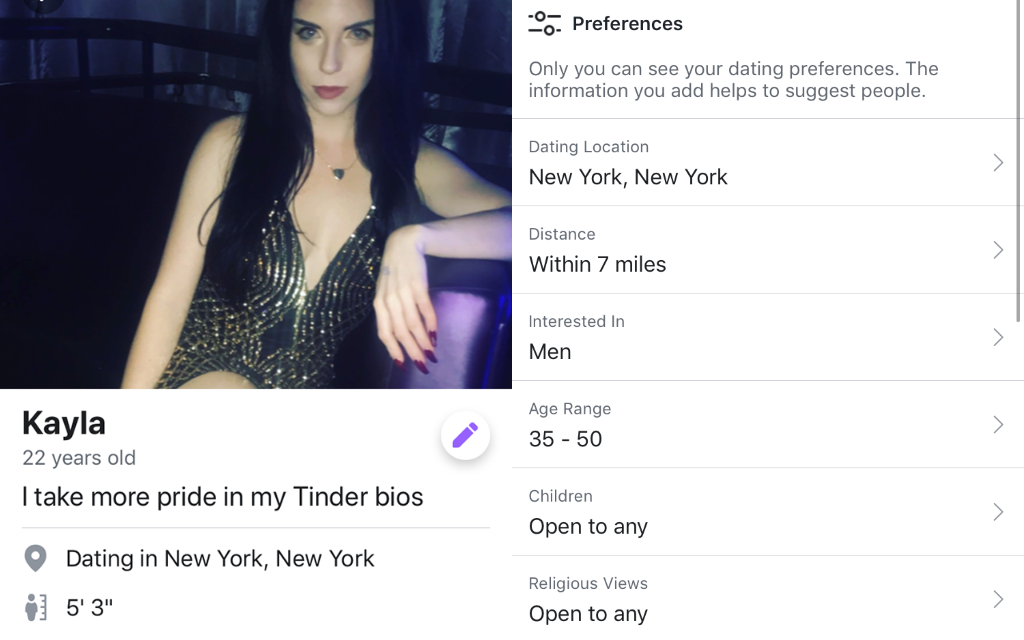
Setup
First, a few basics. The primary way in which Facebook Dating differs from its dating app predecessors is that it is the first of its kind to be hosted by an existing social media platform. Naturally, this may be cause for concern among people who are still carrying around residual dating app shame from 2014 and don’t necessarily want their Facebook friends to know they’re online dating. Rest assured, your Facebook Dating profile is entirely separate from your Facebook profile, and you have to opt in to use it. Your Facebook profile won’t indicate that you’re using Facebook Dating, and your profile won’t be shown to Facebook friends. If you’re really looking for maximum secrecy, you can also tell Facebook Dating not to show your profile to friends of friends — which, as Insider pointed out, may be an inadvertently useful tool for cheaters looking to step out on a partner without getting caught by single friends on other dating apps, so do with that what you will.
Anyway, Facebook thinks it knows you pretty well, so when you first opt in to Facebook Dating, it offers to build you a “suggested profile” using photos and information from your regular profile. If you’re like me and haven’t told Facebook anything about your life in over two years, this is basically useless and will result in a dating profile full of outdated or borderline incoherent information.
The platform’s first attempt at building a dating profile for me churned out the following:
- “Works as internship”
- “Works at AbbVie Pharmaceuticals” (this is half true, I was once a nepotism intern at big pharma)
- “Studied at Connecticut College”

One out of three ain’t bad? Meanwhile, the photos it selected for my profile included a blurry picture with an ex-boyfriend from 2017 and the black-and-white selfie from 2016 I replaced it with when we broke up. Nice!
Fortunately, you can change everything, or just forego Facebook’s suggested profile entirely and start from scratch. The only thing it locks in are your name and age — sorry catfishers. In edit, you can add/adjust:
Your Basics – Includes: a bio of up to 500 characters, gender, height, and hometown
Your Work and Education – Includes: job title, company, high school, college, grad school
Your Lifestyle – Weirdly seems to only include “children” (for which your options are: doesn’t have children, have children, prefer not to say)
Your Beliefs – Which only includes “religious views,” for which your options are: Agnostic, Atheist, Buddhist, Catholic, Christian, Hindu, Jewish, Muslim, Sikh, Spiritual, Other, or prefer not to say.
This is all pretty standard profile information that you’ll find on most major dating apps, with the exception of Tinder, which has maintained a doggedly minimalist approach that largely reduces users to the sum of their age and first profile picture (as well it should be).
Photos
Speaking of profile pictures, Facebook Dating lets you include up to nine of them, which is also pretty standard across most dating apps. One major flaw on Facebook’s part? You can’t rearrange the order of your pictures once they’re posted, meaning you have to upload them in the order you want them to appear. If you don’t know that and you end up with, say, three pictures in a row where you’re essentially sitting in the same cross-legged pose because apparently that was a phase you went through last fall, you’ll have to delete and redownload them in your preferred order. This is an annoying relic of dating apps past that most have since resolved. Tinder, Bumble and Hinge all allow you to easily drag your photos to reorder them at will.
You can also choose to answer questions. This is a feature perhaps most notably popularized by Hinge, in which the platform provides a bunch of prompts and you can have your answers displayed on your profile in an attempt to give users a more well-rounded vision of who you are as a person. On Hinge it’s mandatory to answer a certain number of questions, but later adopters like Bumble and now Facebook Dating have kept it optional.

Finally, you can connect your Instagram account, which is part of Facebook’s ongoing push to integrate the two social media platforms. This will allow Facebook Dating users to see your Instagram posts and captions on Facebook Dating, even if your Instagram is private. This is also a pretty standard feature across major dating apps. In the future, Facebook reportedly plans to integrate Instagram stories into Facebook Dating as well, which it says will “help you show, rather than tell, who you are” more authentically than a “static profile.”
Preferences
Once you’re done plugging in your own information, it’s time to set up your preferences — i.e. what you’d like to see in your prospective matches. Facebook will let you filter your matches based on:
Distance from You – This is New York, where dating someone who lives four miles away is generous. But Facebook will let you pursue matches as far away as 124 miles if you’re looking to get into an LDR. (I compromised at 7.) By comparison, Tinder, Bumble and Hinge all cap at 100 miles, so maybe Facebook is hoping to get ahead of the game by giving you an extra 24 miles in which to find your soulmate.
Want to Date – For which your options are: women, trans women, men, trans men, and non-binary people. Obviously, you can select as many as you want.
Age Range – 18 – 100+ (same as Tinder)
Height Range – Which can fall anywhere between less than 3 ft. to 7+ ft.
Their Lifestyle – Again, this is just about children, and it displays the same options you could select for your own profile. Interestingly, it also adds the disclaimer that while you’re “more likely to see people who meet this preference, we’ll sometimes show you people who don’t.”
Their Beliefs – Religious views. Again, Facebook lets you know that while it will take your preferences into consideration, it may encourage you to broaden your worldview a bit.
In general, the profile setup is pretty straightforward and doesn’t differ significantly from any other major dating apps, incorporating many of the same features from each.
Usage
Once your profile is set up, it’s time to start swiping. Just kidding! Like Hinge, Facebook Dating foregoes the swiping model made famous by Tinder in an attempt to encourage users to take a more thoughtful approach to considering potential matches.
Ultimately, however, you’re still either “liking” or “passing” on a profile by tapping a heart or an X, respectively. Like Hinge, Facebook Dating gives you the option of liking and commenting on a specific aspect of a person’s profile — like one of their pictures or prompt answers. Unlike Hinge, however, you can also just like an entire profile by tapping the heart if you’re not actually in the mood to put too much thought into it.
Facebook says it shows you potential matches based on the preferences you outlined, as well as the interests, events, groups and other information you’ve foolishly handed over to the social media platform over the years. You can like anyone Facebook shows you, and they’ll be notified. If they like you back, you’ll match, at which point you can message them. This obviously works both ways — Facebook Dating will let you know who already liked you, so you can match or pass on them accordingly.
Again, this all fairly standard stuff that mirrors many aspects of various mainstream dating apps. One of the few features that really sets Facebook Dating apart from competitors, however, is the “Secret Crush” feature. While, as mentioned, Facebook Dating won’t show you any of your Facebook friends, the Secret Crush feature is your chance to shoot your shot with someone you presumably know in real life without leaving the safety net of internet anonymity.

The feature lets you select up to nine Facebook friends and/or Instagram followers as “Secret Crushes.” When you do, they’ll get a notification that someone has a crush on them, but Facebook won’t out you as their secret admirer unless they happen to put you on their Secret Crush list as well. I have not and will not test this particular feature, primarily because my only Facebook friends are random locals from my hometown, but also because years of app-dating broke my brain and now I’m only capable of being attracted to strangers on the internet.
Last but not least, the prospects. When Bumble emerged as Tinder’s first major competitor, everyone claimed the new app boasted a better-looking collection of swipers than its predecessor. Now, the court of public opinion tends to hail Hinge as the top source for high quality matches.
So far, I’ve yet to see this pattern play out for Facebook Dating. Aside from my matches on the platform, I’ve yet to interact with a real person in real life who is actually even using Facebook Dating. I will say, however, that I’ve been pleasantly surprised with the crop of prospective matches I’ve seen. As with any dating app, there’s plenty of garbage to sift through, but it’s not the absolute trash heap of locals and Republican uncles I assumed would comprise the majority of Facebook Dating’s primary user base.
That’s about it. In my expert opinion as a five-year dating app veteran who’s spent virtually the entirety of my adult dating life on apps, Facebook Dating is okay, and that’s really all there is to say about it. With the exception of increased protection against running into friends/coworkers/friends of friends on the app, it doesn’t really offer anything significant that you couldn’t get on any other major dating app. So unless you still suffer from 2014 levels of dating app shame or you’re looking to cheat without going on Ashley Madison, there’s really no reason to bother using Facebook Dating, and it’s also not the deterrent I assume its creators were hoping it would be against permanently deleting your account.
In conclusion, do I recommend Facebook Dating? Not particularly. Am I going to stop you from using it? No, do what you want. I’ll be deleting Facebook Dating now, largely on principle, but if anyone needs me, you can always find me on Tinder.
This article was featured in the InsideHook newsletter. Sign up now.

